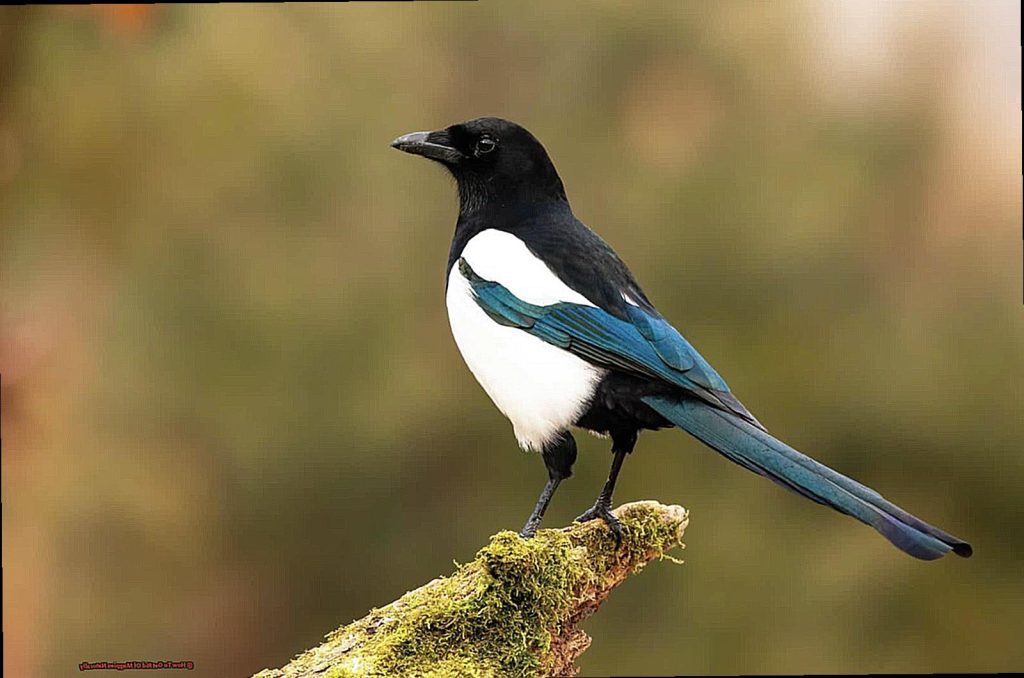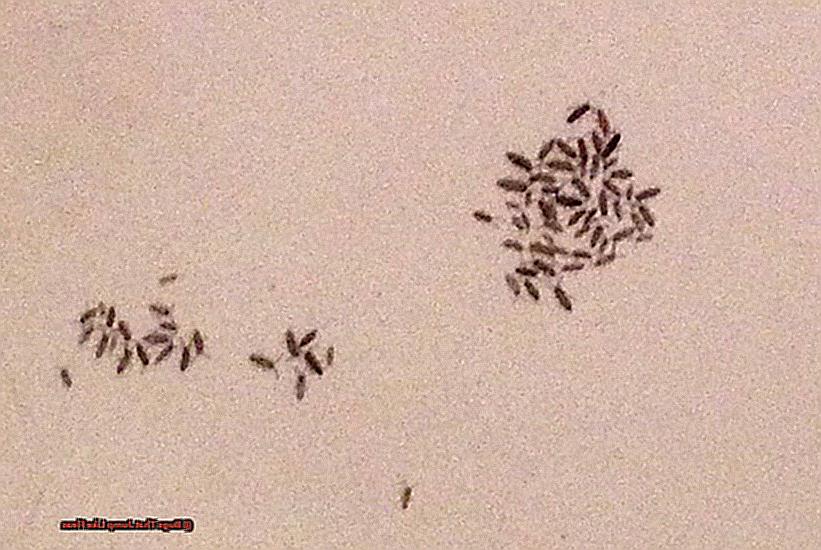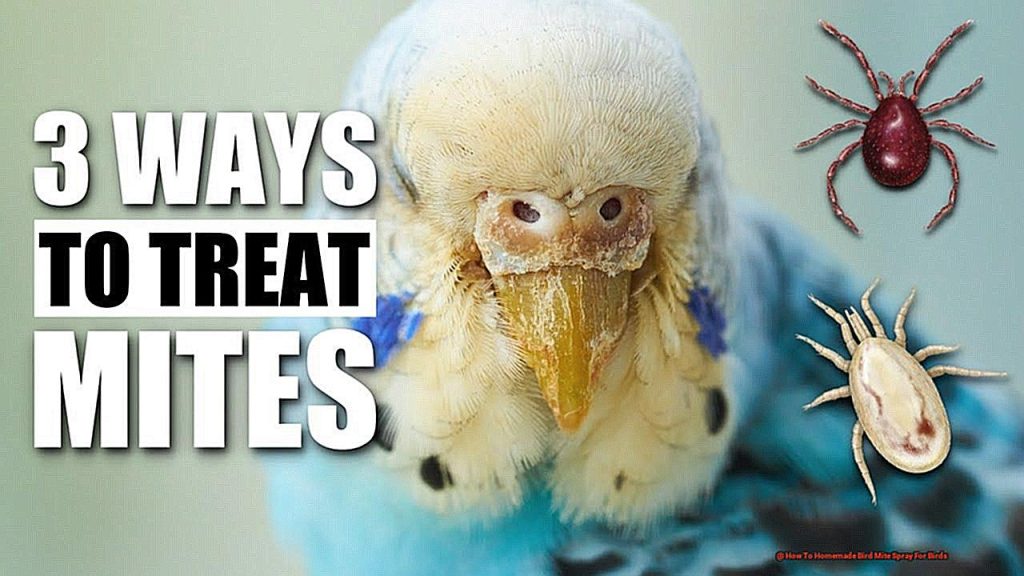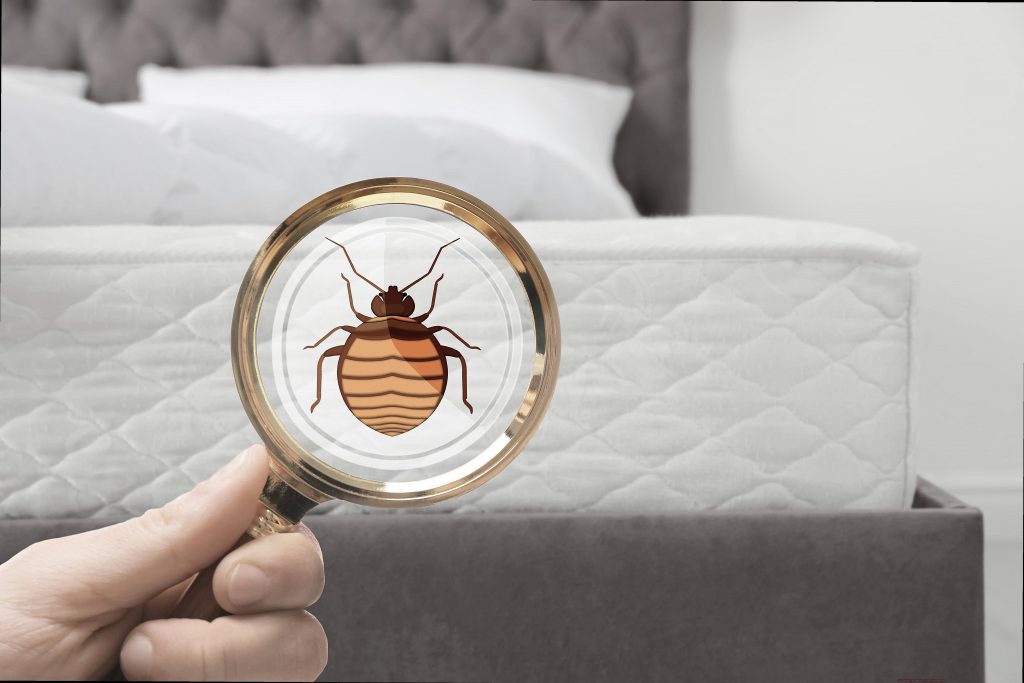Are you tired of constantly chasing away bothersome magpies from your garden or backyard? These magnificent creatures may be a sight to behold, but their incessant cawing and foraging can be quite a bother.
There are natural ways to deter magpies without causing them any harm. In this blog post, we’ll delve into effective methods for controlling the magpie population while still appreciating their presence in nature.
So, grab a warm beverage and let’s explore the world of natural magpie management. Here are some key topics we’ll cover:
-
- The importance of maintaining a harmonious balance between humans and wildlife
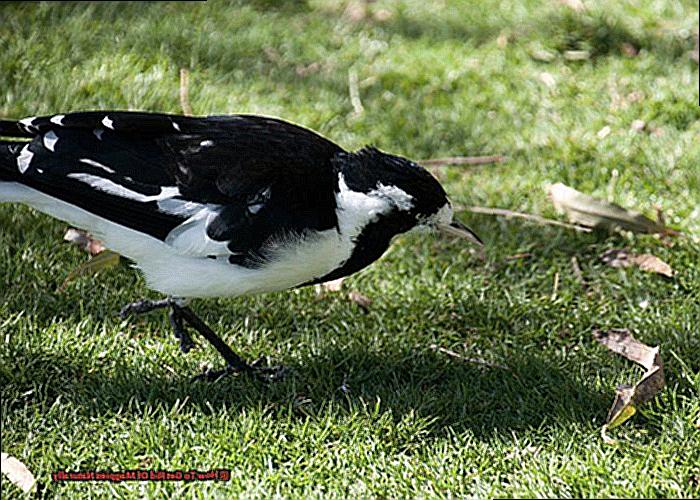
-
- Understanding the behavior and habits of magpies
- Natural deterrents like shiny objects and noise makers
- Creating an alluring environment for other bird species to discourage magpies
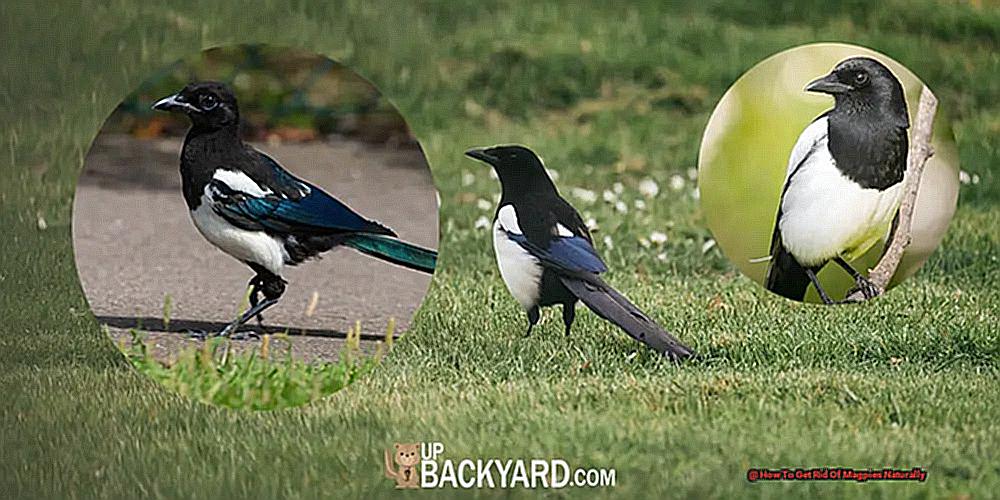
- Tips for peacefully coexisting with these clever birds
So, put away those cruel traps and join us as we discover how to peacefully interact with our feathered friends.
Table of Contents
- 1 Cover Fruit and Garden Vegetables With Nets
- 2 Use Special Bird Feeders That Prevent Magpies From Eating
- 3 Eliminate Bird Baths (A Popular Magpie Party)
- 4 Cover and Get Rid of Food Sources
- 5 Use Decoys to Scare Magpies Away
- 6 Play Recordings of Predators on an Irregular Schedule
- 7 Rotate Decoys Frequently to Fool Magpies
- 8 Use “Eyes” to Scare Magpies
- 9 What Will Scare Magpies Away?
- 10 Conclusion
Cover Fruit and Garden Vegetables With Nets
Covering fruits and vegetables with nets is an efficient and compassionate technique to naturally repel magpies from your garden. This strategy involves creating a solid barrier between the birds and your crops, preventing them from accessing their food source.
Here are some ways in which covering fruit and garden vegetables with nets can effectively deter magpies:
- Provides a Physical Barrier: Magpies are intelligent creatures and can quickly adapt to traditional deterrents like decoys or noises. However, they are less likely to attempt to breach a physical barrier like nets, making it a more reliable method.
- Protects Fruits and Vegetables: Magpies are attracted to fruits and vegetables as they are a rich source of food for them. By covering your crops with nets, you are safeguarding them from these birds, avoiding any damage or destruction.
- Can be Used Year-Round: Nets can be utilized throughout the year, unlike other methods that only work during specific seasons. This makes it a cost-effective solution in the long run.
- Easy to Install and Maintain: Covering fruits and vegetables with nets is a simple and low-maintenance method. It requires minimal effort to install and can be easily removed when necessary.
- Safe for Birds and the Environment: Unlike traps or poison, nets do not harm the birds or the environment. They simply act as a barrier to keep the birds away from your crops.
Some tips for effectively using nets to repel magpies include:
- Ensure that the net is tightly secured, leaving no gaps for birds to enter.
- Use sturdy materials that can withstand various weather conditions.
- Remove the net once the harvest season is over to avoid trapping other animals or birds.
- Regularly check the net for any tears or damages and promptly repair them.
In conclusion, covering fruits and vegetables with nets is a safe, humane, and effective way to naturally deter magpies in your garden.
Use Special Bird Feeders That Prevent Magpies From Eating
There are numerous options for specialized bird feeders that can effectively deter magpies from consuming your garden or crops. These include peanut wreaths, seed cylinders, fruit feeders, and mealworm feeders. These unique feeders provide alternative food sources for magpies, reducing their likelihood of targeting your garden.
| Feeder Type | Description | Benefits |
| Peanut Wreath | Comprised of strings or wire mesh for birds to pick off individual peanuts | Serves as an alternative food source for magpies and other birds, diverting their attention away from your garden or crops |
| Seed Cylinder | Packed with an assortment of seeds and typically comes with a hanging apparatus | Offers a variety of seeds that may not be as appealing to magpies, deterring them from targeting your garden |
| Fruit Feeder | Holds slices of fruit for birds that enjoy this natural snack | Provides a nutritious option for birds, potentially reducing their interest in your garden or crops |
| Mealworm Feeder | Designed to hold mealworms, a high-protein treat that many bird species love | Gives birds an alternative food source and may decrease their desire to target your garden or crops for sustenance |
Along with utilizing these specialized bird feeders, it is also crucial to create a physical barrier with nets to protect your garden from magpies. This offers a year-round solution that is simple to install and maintain while remaining safe for both birds and the environment.
Other helpful tips for effectively using these specialized bird feeders include placing them in a location that is easily accessible for birds but not easily accessible for magpies, regularly cleaning and refilling them to ensure a consistent food supply, and utilizing a variety of feeder types to offer different food options for birds.
Eliminate Bird Baths (A Popular Magpie Party)
Eliminating bird baths can be a powerful natural solution for removing magpies, as it eliminates a potential food source and nesting site for the birds. These clever creatures are attracted to bird baths because they provide a source of water and attract other birds, insects, and small animals that they can prey on.
| The Benefits of Removing Bird Baths to Deter Magpies: | ||
| No More Water Source: | By getting rid of bird baths, you eliminate an attractive water source for magpies in your yard. This will force them to find alternative sources elsewhere. | |
| No Nesting Spot: | Bird baths are also popular nesting spots for magpies, which can lead to an increase in their population. By removing bird baths, you take away a potential nesting site and discourage them from staying in your yard. | |
| Decrease in Food Availability: | With fewer birds visiting your yard due to the absence of bird baths, there will be less food available for magpies. This reduces their food supply and forces them to search for other sources. | |
| Less Noise and Mess: | Magpies are notorious for their loud calls and can also leave droppings around bird bath areas. By eliminating bird baths, you can decrease the noise level and keep your yard cleaner. |
Other effective ways to naturally get rid of magpies include using scare tactics, such as reflective objects or loud noises, and providing alternative food sources through specialized bird feeders. In conclusion, removing bird baths can be a humane and successful method for deterring magpies and preventing them from causing trouble in your yard.
Cover and Get Rid of Food Sources
Covering and eliminating food sources is a highly effective method for naturally deterring magpies from your property. By restricting their access to food, you can decrease their food availability and decrease the likelihood of them causing any damage or disturbance. This approach works best when combined with other tactics, such as deterrents or scare tactics, for a more comprehensive approach. Let’s explore how covering and getting rid of food sources can effectively help in getting rid of magpies naturally.
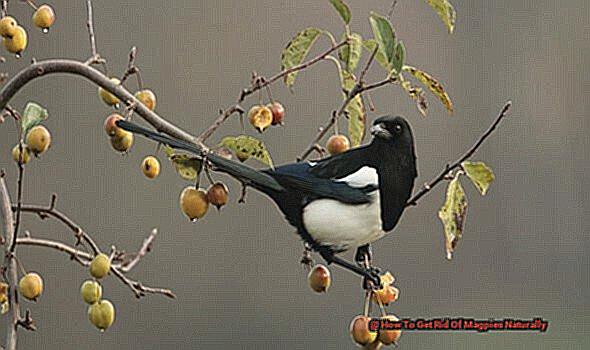
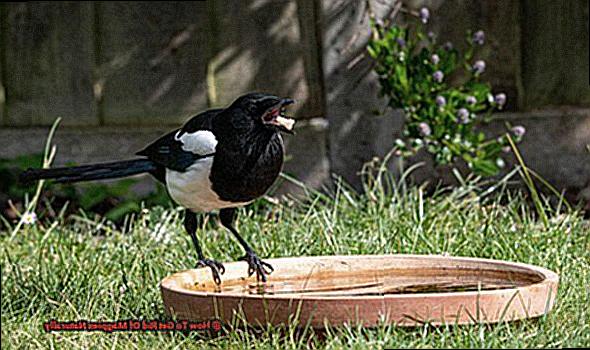
| Technique | Description |
| Tight-fitting lids on trash cans | Secure your garbage cans with tight-fitting lids or bungee cords to prevent magpies from accessing potential food sources. |
| Limiting pet food left outside | Reduce the amount of pet food left outside, as this can attract magpies to your property. |
| Location of bird feeder | Hang bird feeders in a location that is difficult for magpies to access, such as on a tall pole with a baffle. |
| Switching to less appealing birdseed | Consider using a type of birdseed that is not attractive to magpies to reduce their presence near your bird feeder. |
| Covering fruit trees or berries | Cover fruit trees or berries with netting or pick the fruit as soon as it ripens to prevent magpies from feeding on them. |
| Covering compost piles | Keep compost piles covered or placed in a closed bin to prevent magpies from scavenging through them. |
While these methods are effective, it’s important to note that removing or limiting food sources may not entirely eradicate magpies, as they are highly adaptable and may find other food sources in the surrounding area.
Use Decoys to Scare Magpies Away
In order to keep magpies away from your property, you can utilize decoys as a visual and auditory deterrent. These decoys imitate natural predators of magpies, such as owls or scarecrows, giving the impression that there is a potential threat nearby. This can make magpies feel uneasy and unsafe, causing them to avoid the area.
Different Types of Decoys
There are various types of decoys that can be used to deter magpies from your property:
- Owl Decoy: These decoys closely resemble real owls and can be placed in visible areas around your property.
- Scarecrow: Another effective decoy option is a scarecrow, as it resembles a human figure and creates the illusion of a person being present.
- Shiny Objects: Hanging shiny objects, such as CDs or pinwheels, can also serve as decoys by reflecting light and creating flashes that can scare away magpies.
Table: Comparison of Different Types of Decoys
| Type of Decoy | Effectiveness | Cost |
| Owl Decoy | High | Medium |
| Scarecrow | Medium | Low |
| Shiny Objects | Low | Low |
Additional Strategies
While decoys can be a useful tool in deterring magpies, it is important to use them in conjunction with other tactics for maximum effectiveness. Here are some additional strategies that can be used alongside decoys:
- Motion-Activated Sprinkler: Setting up a motion-activated sprinkler can startle magpies and cause them to fly away. This can be particularly effective at night when magpies are more active.
- Bird Spikes and Repellent Gel: Installing bird spikes or using bird repellent gel on areas where magpies like to land, such as roofs or windowsills, can make it difficult for them to perch and discourage them from staying.
- Professional Assistance: If the magpie problem on your property is severe, it may be necessary to seek professional help. Pest control companies or bird keepers with a trained bird of prey can be hired to deter magpies from your property.
Remember, while decoys can be a helpful tactic in deterring magpies, it is crucial to combine them with other strategies for a comprehensive and long-term solution.
Play Recordings of Predators on an Irregular Schedule
In order to naturally rid your property of magpies, it is important to utilize a variety of methods to keep the birds on their toes. Magpies are highly intelligent and can easily adapt to regular deterrents, making it crucial to mix up the timing and approach of deterrence. One effective method is playing recordings of distressed birds or predators, such as owls, on an irregular schedule. This creates a sense of danger and unpredictability for the magpies, making them less likely to become accustomed to the threat and more likely to leave the area.
In addition to playing recordings, other methods such as decoys and removing potential attractants like trash and food sources can also aid in deterring magpies. As omnivores, magpies may be drawn to gardens with fruits, vegetables, and insects, so removing these food sources can discourage them from staying in the area. Furthermore, their nesting habits and choice of roosting locations can also be influenced by the presence of these attractants.
While there is no one solution for getting rid of magpies, utilizing a combination of methods such as playing recordings on an irregular schedule and using decoys can be highly effective. It is important to keep in mind that magpies are highly adaptable and may require ongoing efforts to successfully deter them from your property.
Seeking professional assistance may also be helpful in finding the best approach for your specific situation.
Rotate Decoys Frequently to Fool Magpies
To effectively rid your property of magpies, rotating decoys can be a useful tactic that plays on their innate fear of predators. By regularly changing the location and type of decoys, magpies will not become accustomed to their presence and will continue to view them as a threat. This will discourage them from returning and causing harm or damage.
Using a variety of decoys, such as owl or bird keeper decoys with trained birds of prey, can create a more authentic and convincing threat to magpies. These decoys mimic natural predators that magpies would encounter in their environment, making them more likely to view them as a danger and stay away.
Furthermore, rotating decoys can also be a cost-effective solution compared to other methods like hiring professional bird control services. Decoys can be purchased at a one-time cost and require minimal maintenance, making it a budget-friendly option for long-term magpie control.
The following table displays different types of rotating decoys that are effective in deterring magpies:
| Decoy Type | Examples | Effectiveness |
| Owl Decoys | Great Horned Owl Decoy, Screech Owl Decoy | Highly effective as they imitate natural predators that magpies fear. |
| Bird Keeper with Trained Birds of Prey | Harris Hawk Bird Keeper, Falcons Bird Keeper | Highly effective as they use live predators that magpies would encounter in their environment. |
| Holographic Bird Repellers | Bird B Gone Holographic Repeller, Bird-X Holographic Repeller | Moderately effective as they use reflective surfaces to create a visual deterrent. |
| Snake Decoys | Snake Repelling Decoy, Snake Shape Pest Deterrent | Moderately effective as magpies may view snakes as a threat, but may not be as convincing as other decoys. |
| Fake Predatory Bird Decoys | Hawk Decoy, Falcon Decoy | Moderately effective as they imitate natural predators, but may not be as realistic as live bird keepers. |
In conclusion, rotating decoys can be a valuable tool in naturally getting rid of magpies. By regularly changing the location and type of decoys, using a variety of decoy types, and being consistent in their use, you can effectively deter magpies from your property.
Use “Eyes” to Scare Magpies
An effective and natural method for deterring magpies and preventing them from causing trouble on your property is by utilizing “eyes”. Magpies are highly intelligent birds and are easily frightened by the presence of eyes, which they associate with being watched by predators. This fear can be used to your advantage by strategically placing objects with eye-like patterns in areas where magpies often gather or cause disruption.
Here are some ways you can utilize “eyes” to scare magpies:
- String up fake eyes: This technique is simple and can be easily done using materials found around your home. Cut circular shapes out of a reflective material, such as old CDs or aluminum foil, and draw a black dot in the center to mimic an eye. Hang these “eyes” on a string and position them around your yard, especially on trees or areas where magpies are known to perch. The movement of the eyes in the wind will startle the magpies and discourage them from staying in that area.
- Use eye balloons: Similar to hanging fake eyes, eye balloons are larger and more noticeable. These can be purchased at most home and garden stores or online. Place them around your property, ensuring they are visible to magpies. The reflective surface of the balloons will create the illusion of movement, scaring off magpies.
- Install an “eye” scarecrow: If you have a large property, consider installing an “eye” scarecrow in the center. This can be created by using a cardboard cutout of an owl or other predator species with large, intimidating eyes. Move the scarecrow around every few days to create the illusion of a real predator watching over the area.
Utilizing “eyes” is a humane and effective way to discourage magpies without causing harm to them. These methods can also be combined with other tactics, such as bird spikes or loud noises, for optimal results.
What Will Scare Magpies Away?
Magpies are often a source of frustration when they congregate in large numbers and cause havoc or exhibit aggression towards humans. However, there are several natural methods that can be implemented to keep them away from your property without causing them harm.
- Eliminate Food Sources: Magpies are drawn to food sources such as fruits and vegetables in gardens, exposed compost bins, and garbage cans. To discourage them from gathering on your property, be sure to cover any potential food sources or eliminate them entirely.
- Utilize Visual Deterrents: Magpies are frightened by shiny, reflective objects. You can utilize this to your advantage by strategically placing reflective items like CDs, aluminum foil, or pinwheels around the area where magpies congregate. You can also use bird tape or decoys with reflective eyes to create the illusion of predators in the vicinity.
- Play Predator Recordings: Magpies are also wary of predators, so playing recordings of their natural enemies such as hawks or owls can serve as an effective deterrent. Make sure to play the recordings on a random schedule to prevent the magpies from becoming accustomed to them.
- Rotate Decoys: If you opt to use decoys in your yard, be sure to rotate them frequently to prevent magpies from acclimating to them. This will help maintain their effectiveness as a scare tactic.
- Utilize “Eyes”: As previously mentioned, using artificial eyes can also be an effective method for scaring magpies away. You can hang fake eyes from trees or install an “eye” scarecrow in your yard.
In addition to these techniques, it is crucial to keep your yard tidy and free of clutter as magpies are attracted to areas with numerous hiding spots.
Conclusion
In conclusion, it is both feasible and crucial to eliminate magpies naturally in order to maintain a harmonious balance between humans and wildlife.
By gaining insight into the behavior and tendencies of these birds, implementing natural deterrents such as shiny objects and noise makers, creating an inviting environment for other bird species, and peacefully coexisting with these intelligent creatures, we can effectively control their population without causing harm.
From safeguarding fruits and vegetables with nets to utilizing specialized bird feeders and removing potential food sources, there are numerous techniques that can be employed to discourage magpies from invading our gardens.

